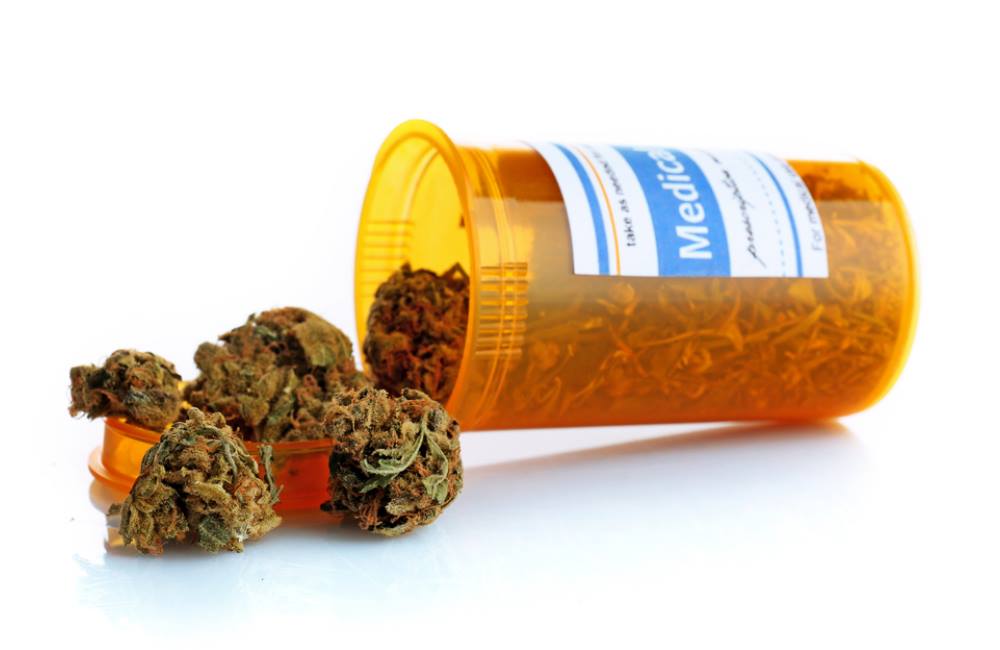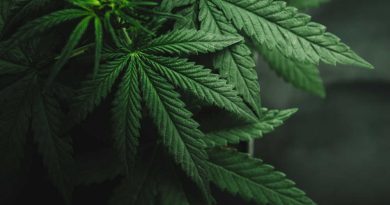New Study Shows Promise For Using Marijuana to Treat PTSD Patients
A new study from Canada has found that using cannabis can reduce depression and even suicidal thoughts among those with post-traumatic stress disorder (PTSD) to a level that is far lower than those who do not use marijuana to treat PTSD symptoms.
The study, published in the Journal of Psychopharmacology, is important, especially to those who have advocated for the use of marijuana to treat PTSD. It’s an issue that has centered often around military veterans.
The researchers wrote that the study “provides preliminary epidemiological evidence that cannabis use may contribute to reducing the association between post-traumatic stress disorder and severe depressive and suicidal states.”
Details From the Study
The study was conducted by researchers from the University of British Columbia. They work in a variety of departments, including the School of Population and Public Health, the Department of Medicine, Department of Psychology and Department of Epidemiology.
To reach the study’s conclusions, researchers looked at data from Statistics Canada’s 2012 Community Health Survey, which they called “a nationally representative cross-sectional survey of non-institutionalized Canadians” ages 15 and older.
They found that of 24,089 eligible respondents for their study, 420 reported a current clinical diagnosis of PTSD, Of those, 106 (or 28.2%) reported past-year cannabis use.
The study reported that PTSD is significantly associated with “major depressive episodes” as well as suicidal ideation among those who did not use cannabis. But for those who did use cannabis, PTSD was not associated with either outcome.
First Study To Show This Connection
Stephanie Lake, the lead researcher on the study and a Ph.D. candidate at the University of British Columbia, said in a press release that researchers are aware many PTSD patients have chosen to use marijuana to treat PTSD symptoms.
However, Lake said the new study marks “the first time that results from a nationally representative survey have shown the potential benefits of treating the disorder with cannabis.”
Canada has one of the highest rates of PTSD in the world, according to the press release, with about 9.2% of the population impacted. PTSD can come from exposure to trauma, including those who have survived violence, injury, a natural disaster or conflict. Rates of depression, suicide and substance use are higher for those who suffer from PTSD.
In the press release, Dr. M-J Milloy, Canopy Growth Professor of Cannabis Science at the university, said that “we’re only just beginning to understand what the therapeutic potential of cannabis may be for a variety of health conditions. These findings are promising, and merit further study in order to fully understand the benefits of cannabis for people living with PTSD.”




